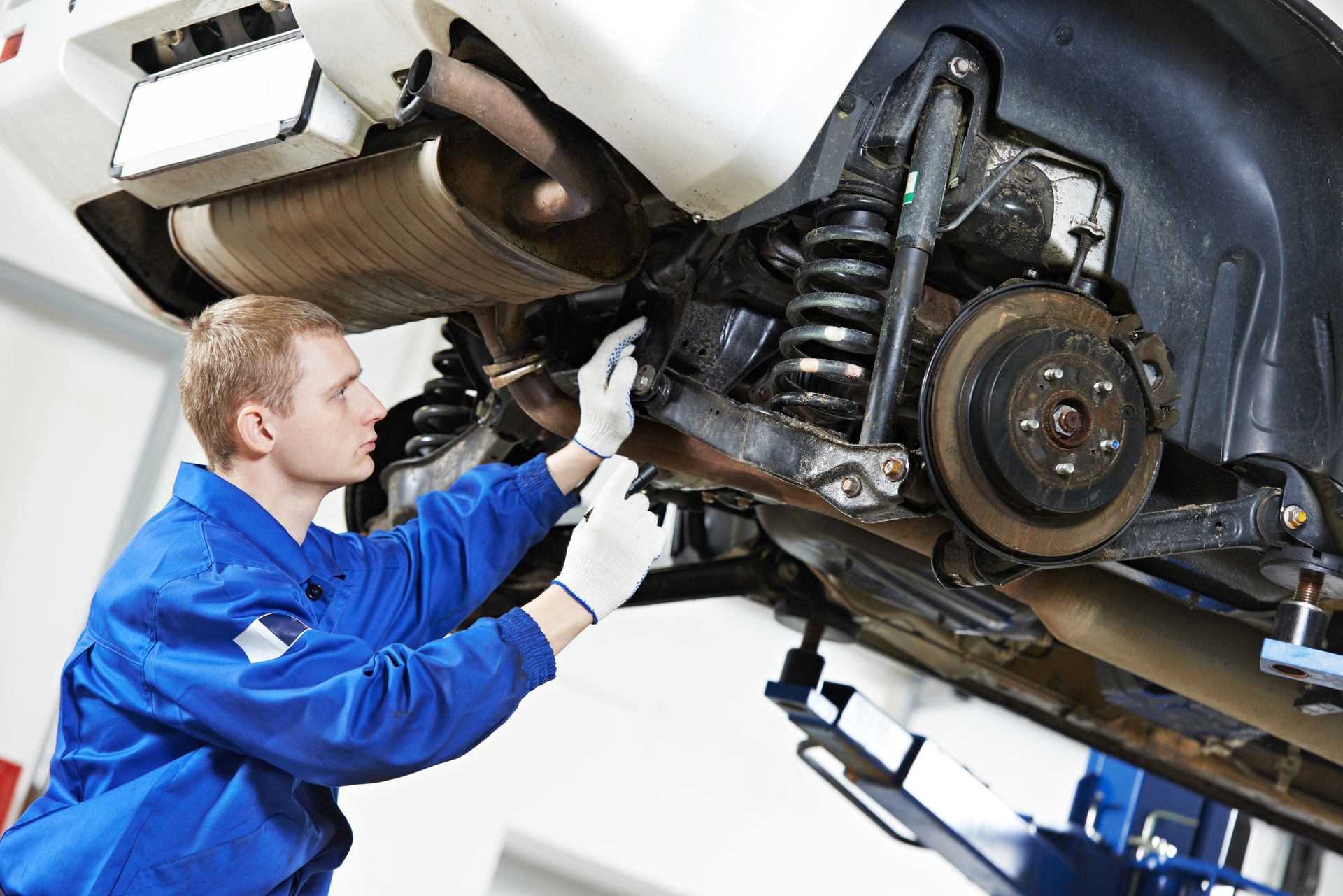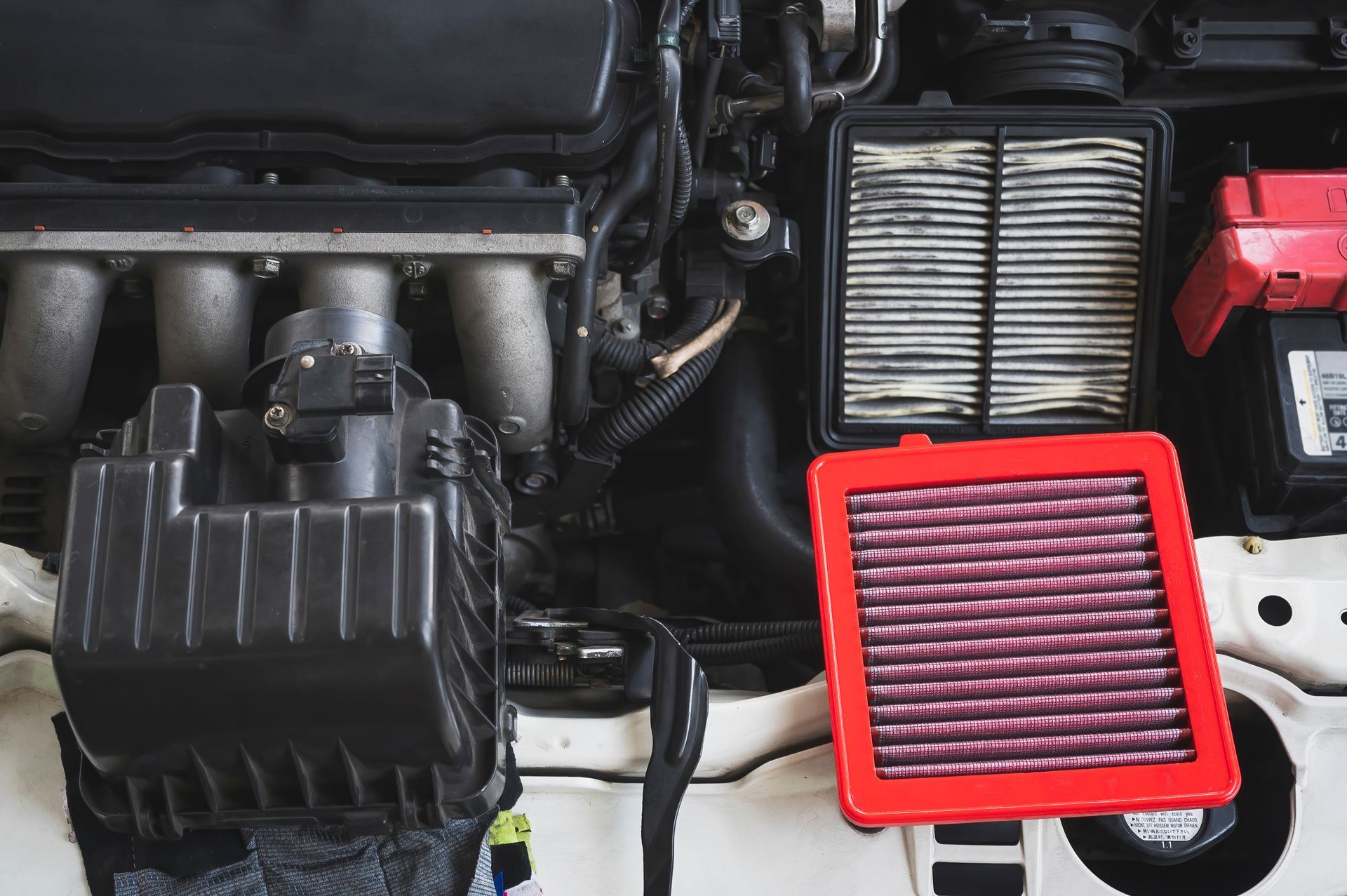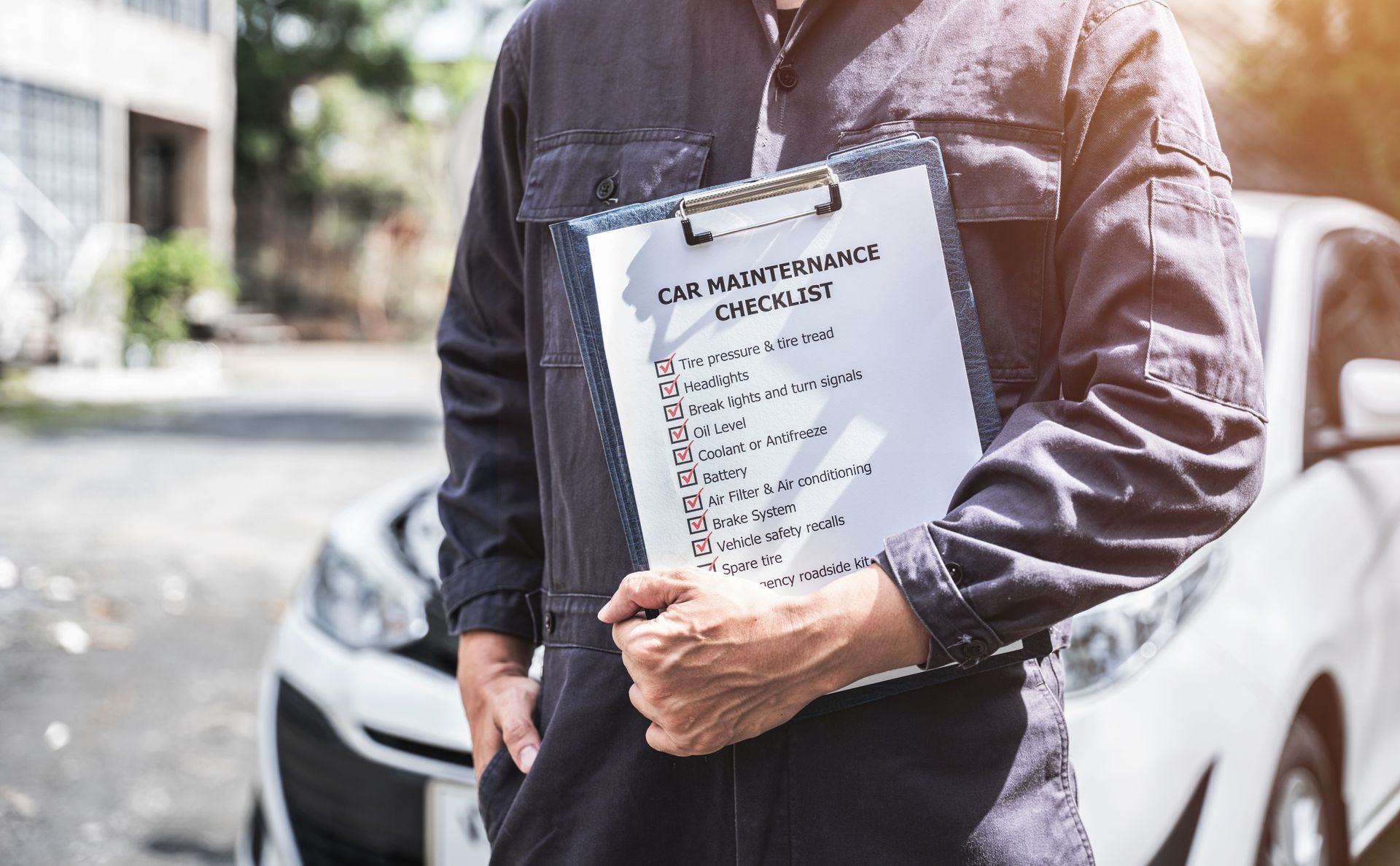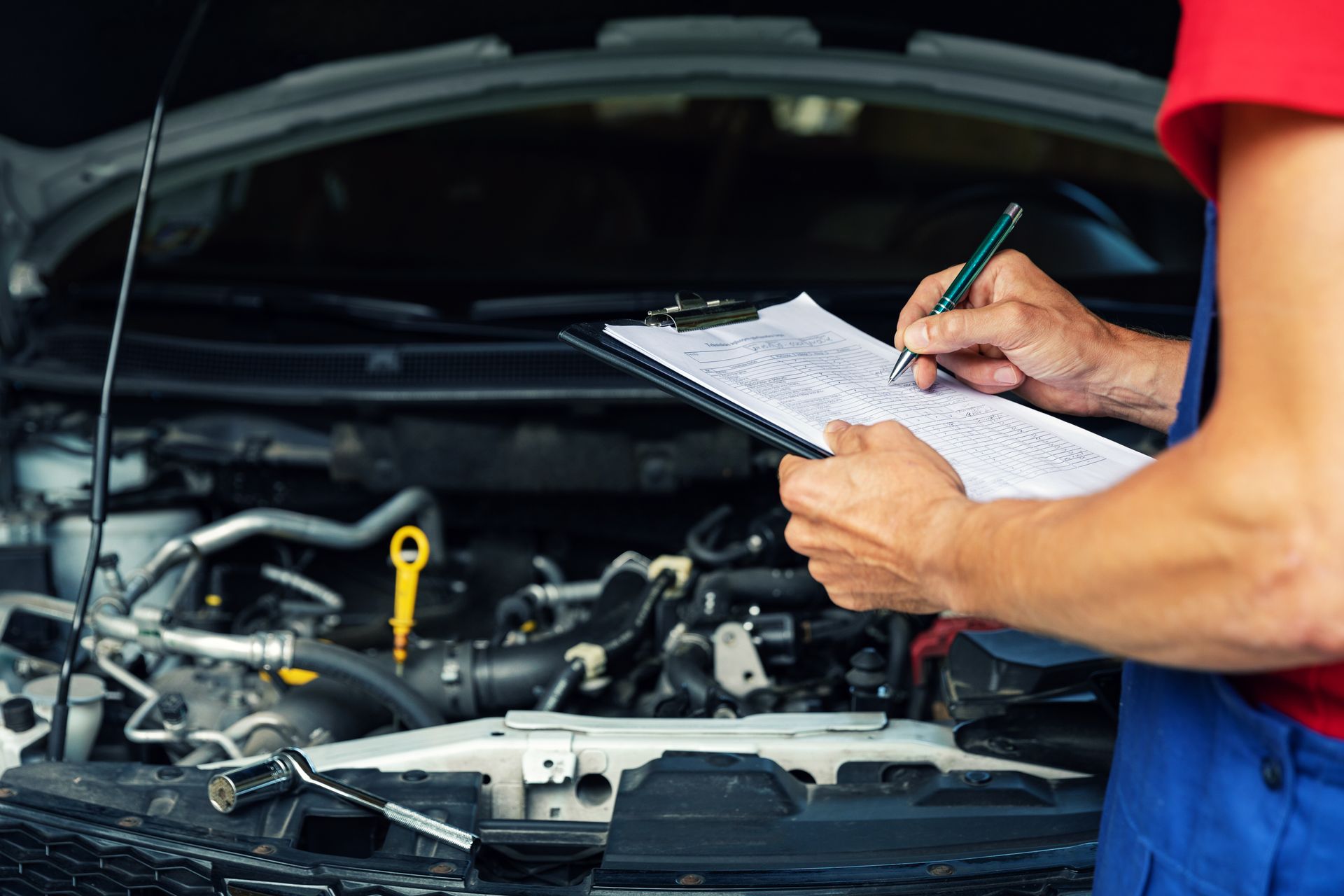
When steam is gushing from your overheated bonnet, it is not only upsetting, but it may also be damaging to the engine. Vehicle's cooling systems are generally adequate. However, if the temperature gauge increases, the vehicle may be overheating.
When your vehicle gets too hot, it's usually a sign that something is wrong with the cooling system. This could be a problem with the fan, radiator, thermostat, water pumps, coolant or hoses.
Indications of overheating engine
- There may be smoke or steam emanating from underneath the hood.
- When the temperature indicator on your dashboard illuminates, as it does when it turns on.
- An unusual odor from beneath the hood.
If your vehicle is overheating, it is important to know how to stay safe and avoid potential engine damage. Keep these five tips in mind.
1. Turn off the engine right away
Drive to a safe spot off the road and shut off the engine. Engine damage might ensue if you continue to drive while the engine is overheated. Just wait it out until the gauge returns to normal before turning the engine on to see whether the fans are still running.
2. Never open a hot engine's radiator cap
The temperature gauge measures the temperature of the coolant. If the engine is overheating, the engine coolant is excessively hot and under pressure and may shoot very hot coolant when the lid is opened. Only remove the cap after the engine has cooled sufficiently.
3. Check for mechanical problems
If you see a coolant leak beneath the vehicle, whether from the radiator, hose, or engine, it has to be fixed right away. After the engine cools, add coolant to the radiator before proceeding to the mechanic. If the engine's drive belt is damaged or frayed, it should be fixed. Driving without a drive belt may prevent the alternator from charging the battery and the water pump from running.
4. Turn off all unnecessary accessories
If you wish to continue after your engine has cooled, switch off your air conditioning to minimize engine strain. If the temperature rises near to the red zone again, consider turning on your vehicle's heater altogether, this may assist in drawing heat away from the engine hence minimizing the overheating until you can pull it over in a safe location.
5. Have your vehicle inspected
It is important to visit an auto repair shop as soon as possible because continuing to operate your vehicle while it is overheating will cause significant damage to the engine, which may require you to replace the engine entirely. This can be avoided by having your vehicle inspected as soon as possible.
Conclusion
Most of the time, a malfunctioning component can be fixed or replaced. However, if your engine has already sustained considerable damage, you may be forced to replace the whole structure. If you need engine repair, don't hesitate to give LightHouse Automotive a call today!








.jpeg)

